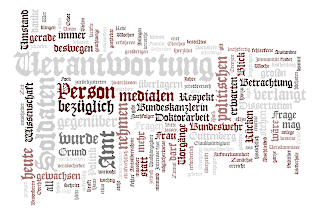Somehow this flew under my radar, so I'm picking up the pieces here. Much is already well documented in the
Wikipedia and
The Telegraph.
German anesthesiologist Joachim Boldt had a stellar career - he had published about 200 papers, many on the use of
hydroxyethyl starch (HES) during anesthesia. As it turns out though, he did not actually have either the permission of the patients to do the research, nor did he have approval of the ethics board for this research. In one case, the ethics board flatly refused a proposed study.
He was a professor at the University of Gießen and mentored numerous dissertations there, at least two of which were conducted without explicit permission after the university set up explicit procedures in 2000, according to the
Hessischen Rundfunk.
He has had his professorship withdrawn for not teaching and has had to retract an extraordinary number of his papers.
Retraction Watch reported in
November and now in
March on the investigations into almost 90 of his papers.
88 studies published in 18 journals have had to be retracted, one turned out to be okay, as he could produce documentation of ethics committee permission for the study, although he had changed the title of the study. The studies are funded by the pharmaceutical company producing the HES drug. The complete list of retracted papers is available
online, signed by all the journal editors.
This, according to
Retraction Watch, is a new world record, topping
Jon Darsee with 82 retractions.
Luckily for patients in the Ludwigshafen area, he has also been fired from the clinic. The current professor for anesthesiology in Gießen, Markus Weigand, sent an internal email around the department denouncing the TV documentary on the case "
defacto". Weigand is said to have called the
defacto story unscientific and only interested in scandal. He also outlined the procedure for obtaining ethics board approval for research. It seems much needed.






